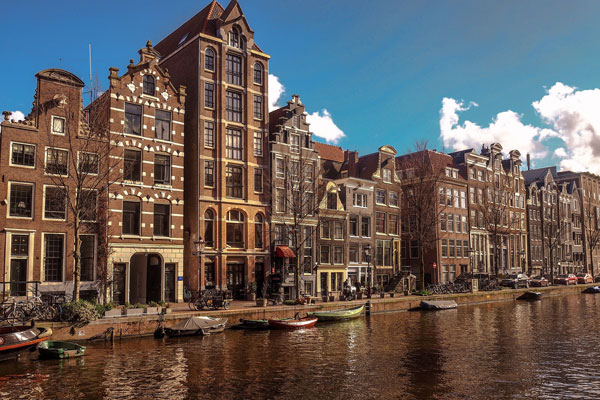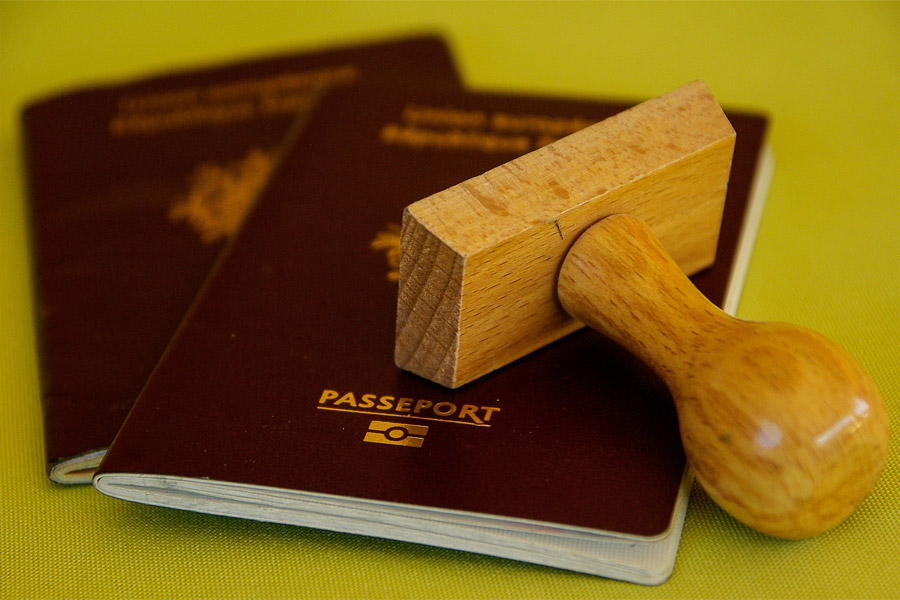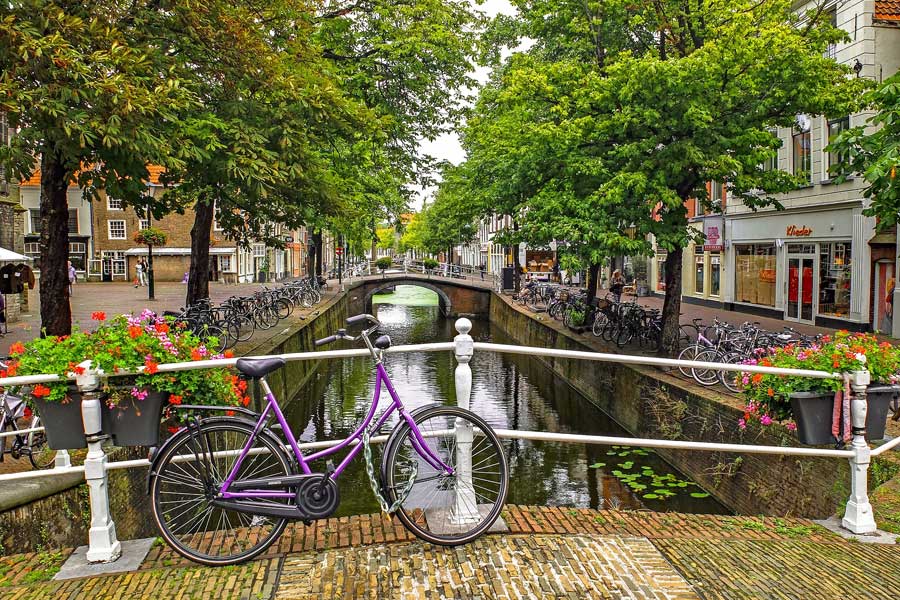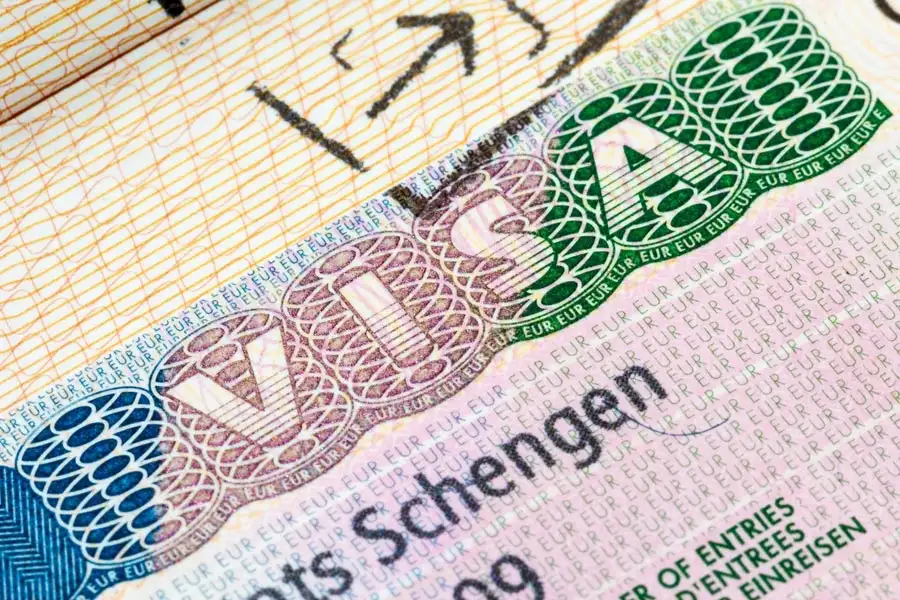If you plan to live in The Netherlands for a long time, you have two choices: Dutch permanent residence or Dutch citizenship.
The difference between the two is that with the Dutch permanent residence, you can stay in The Netherlands indefinitely and work without needing a special work permit. However, you need to renew this permit every 5 years.
On the other hand, if you become a Dutch citizen, you officially become part of the Dutch community. This means you can get a Dutch passport, vote in Dutch elections, and even run for a position in the Dutch parliament.
But there’s a catch: If you become a Dutch citizen, you might have to give up your other nationality. The Dutch government prefers that people have only one nationality. In contrast, with Dutch permanent residence, you can keep your original nationality.
Applying for the Dutch citizenship
To apply for Dutch citizenship as a migrant, you need to be at least 18 years old and typically go through the naturalization process. In addition to holding a valid residence permit, you must meet the following conditions:
However, if you’ve spent most of your life in the Netherlands or have Dutch citizen parents or a Dutch spouse, you might have the option of acquiring citizenship through the “option procedure.” This process has fewer requirements, is more cost-effective, and quicker, taking only three months compared to a year for naturalization.
If you don’t meet the criteria for these procedures or are hesitant about giving up your current nationality, it’s essential to weigh the pros and cons of Dutch citizenship versus permanent residence for your future in the Netherlands.
Applying for the Permanent residence card
The requirements for permanent residence in The Netherlands differ depending on whether you are a citizen of the EU/EEA/Switzerland or a non-EU/EEA citizen. Here are the requirements for EU/EEA/Swiss citizens:
Once you have gathered all the required documents, you’ll need to pay a non-refundable application fee of 50 euros when submitting your application to the IND (Immigration and Naturalization Service). Processing times for EU/EEA/Swiss citizens can take up to eight weeks.
Learn more about the permanent residence permit.









